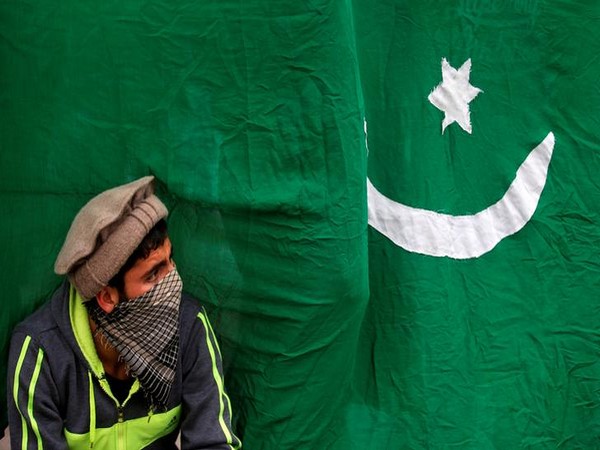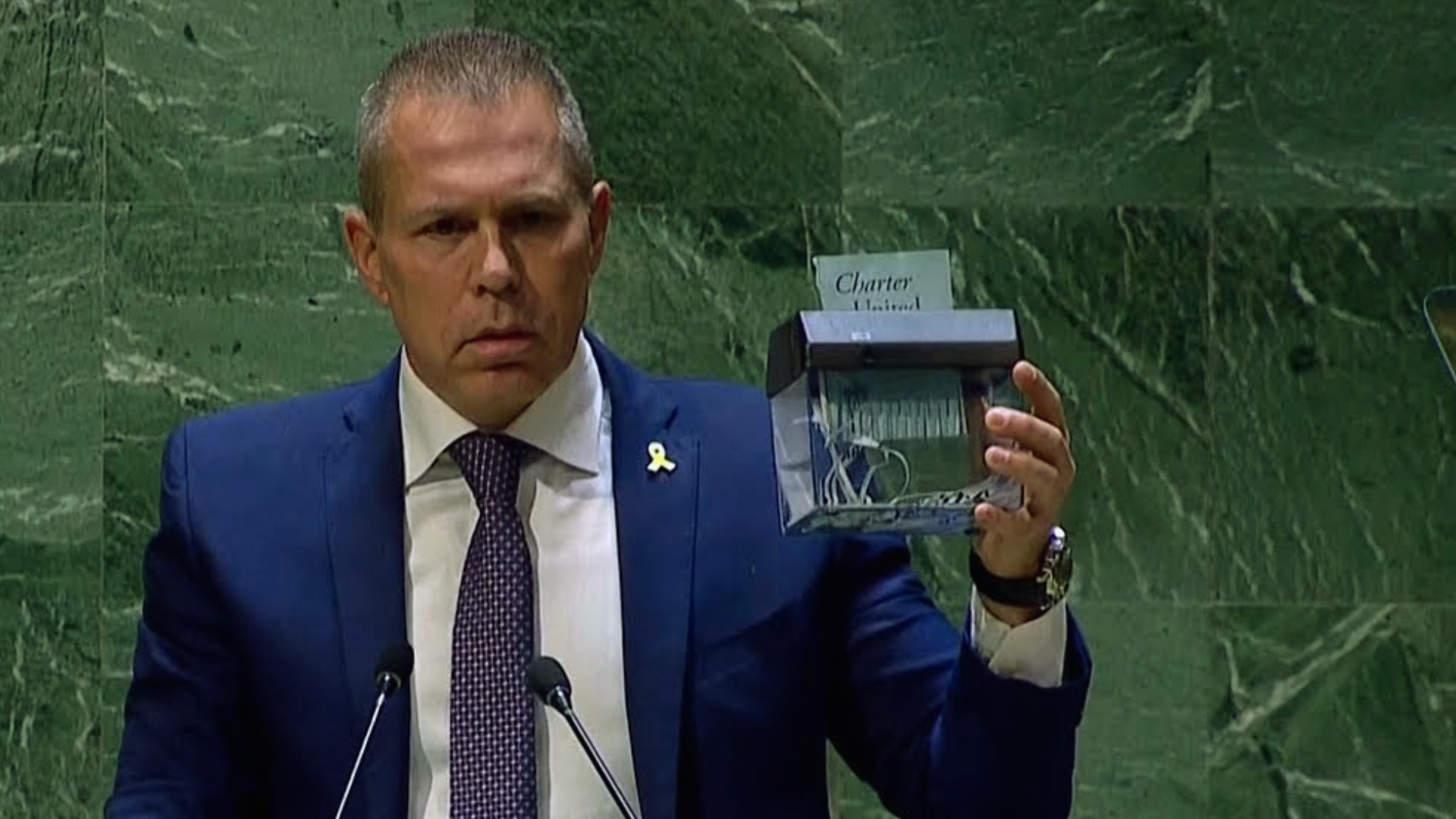Due to the situation in the Gaza strip and West Bank, tensions between Israel and Palestine have escalated, culminating in a significant development at the United Nations General Assembly. The resolution to grant Palestine full membership in the UN, rather than maintaining its observer status, was met with a mix of reactions, notably from the Israeli Ambassador, Gilad Erdan.
During his speech at the General Assembly, Ambassador Erdan expressed strong dissatisfaction with the resolution, which passed with overwhelming support. He vehemently opposed the decision, citing it as a violation of the UN Charter. Erdan’s frustration was palpable as he shredded a copy of the Charter in protest, symbolizing his rejection of the resolution and what he perceived as a circumvention of established norms.
Erdan’s concerns centered on the implications of granting full membership to Palestine, particularly in light of recent conflicts and the ongoing dispute over the status of the West Bank. He accused the UN of opening its doors to groups he deemed as threats to Israel’s security, invoking strong language to condemn the decision.
⚡️Israeli ambassador to the UN tears up the United Nations Charter from the General Assembly podium.
Embarrassing cope😭💀pic.twitter.com/2uNekJ5sr6
— War Monitor (@WarMonitors) May 10, 2024
On the other side, Palestinian Ambassador Riyad Mansour expressed hope and determination following the vote. He emphasized the aspirations of the Palestinian people for freedom and dignity, highlighting their resilience in the face of adversity.
Watch my speech against the despicable decision to give rights of a state to the terror supporting Palestinian Authority. I shredded the “UN Charter” to illustrate what the General Assembly is doing by subverting the Security Council and supporting the entry of a terror entity.
— Ambassador Gilad Erdan גלעד ארדן (@giladerdan1) May 10, 2024
The resolution marks a significant step towards recognizing Palestine as a sovereign state within the international community, a move that has been long-awaited by Palestinian leaders. However, it also underscores the deep divisions and tensions that continue to define the Israeli-Palestinian conflict.
Palestinian ambassador to the UN Riyad Mansour delivered an emotional speech at the UN Security Council, making the president of the UN Security Council and other members move to tears. pic.twitter.com/M7yr7RFdh3
— PALESTINE ONLINE 🇵🇸 (@OnlinePalEng) April 19, 2024
The timing of the vote, against the backdrop of recent hostilities and the illegal occupation of the West Bank, adds further complexity to the situation. The outcome of the vote reflects differing perspectives on how to address the longstanding issues between Israel and Palestine, with both sides continuing to advocate for their respective positions on the global stage.















